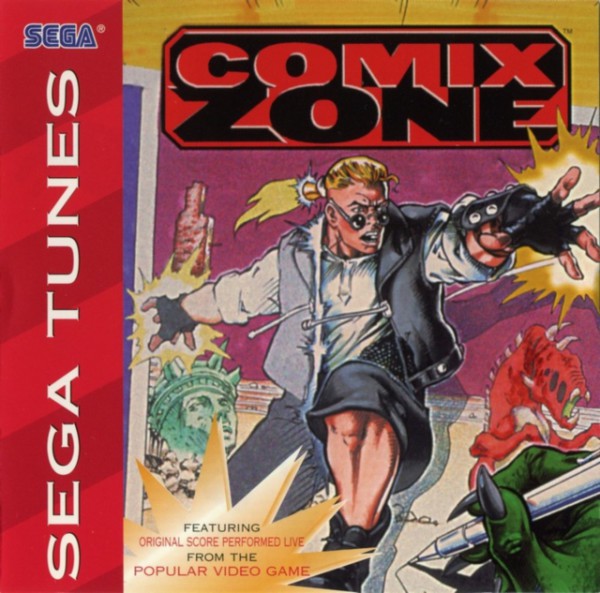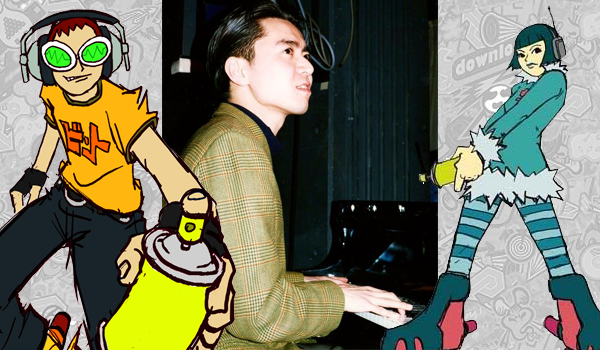SEGA Tunes: Wacky Races’ “Scarecrow Creek” and “Tombstone Pass” (SEGA Dreamcast)
Today marks the 15th anniversary of SEGA’s Dreamcast console in Europe, and seeing as we’re in the midst of Halloween season, what better way to celebrate both than with some creepy music from a UK developed Dreamcast classic! Wacky Races is a kart racer based on the late 60s Hanna-Barbera cartoon of the same name. Developed by Infogrames Sheffield House, formerly known as Gremlin Interactive, Wacky Races could be seen as a precursor to Sonic & SEGA All-Stars Racing. Sumo Digital, developer of the All-Stars Racing titles, was formed in 2003 by the former management of Infogrames Sheffield following its closure. Sumo Digital even used lessons learned in Wacky Races when developing their SEGA racing titles as revealed in a 2012 interview held by Sonic Retro with Executive Producer at Sumo Digital Steve Lycett:
Sonic Retro: The announcer is an element that people really loved or hated. I personally felt it was a welcome element to give the game some personality. What was the decision to include the announcer?
Steve Lycett: Wacky Races also featured an announcer type system that would call out for each specific character. The announcer came about for two reasons. Trav had seen SEGA Race TV and loved the concept of an announcer who commented the race, plus we wanted to make the player feel like there was more going off than they could see.
So you get this chatter that someone at the back is making a move up the field, or someone just had a really bad crash, and although it was happening and you couldn’t see it, it made it feel like it mattered. Plus… we’d done a similar thing a long time before making Wacky Races on the Dreamcast and PS2 in our previous guise as Gremlin/Infogrames Sheffield House. So we knew it could be made to work…!


